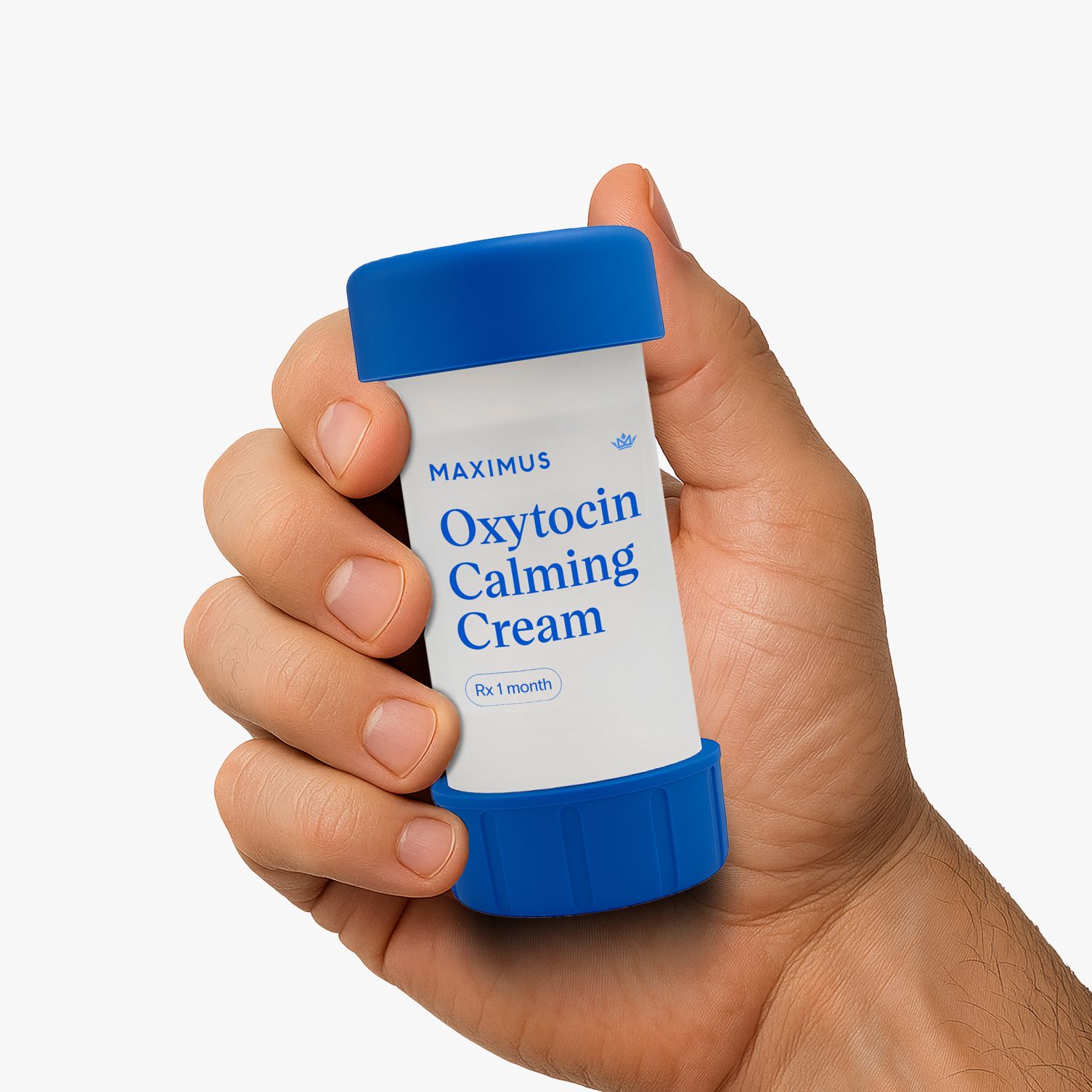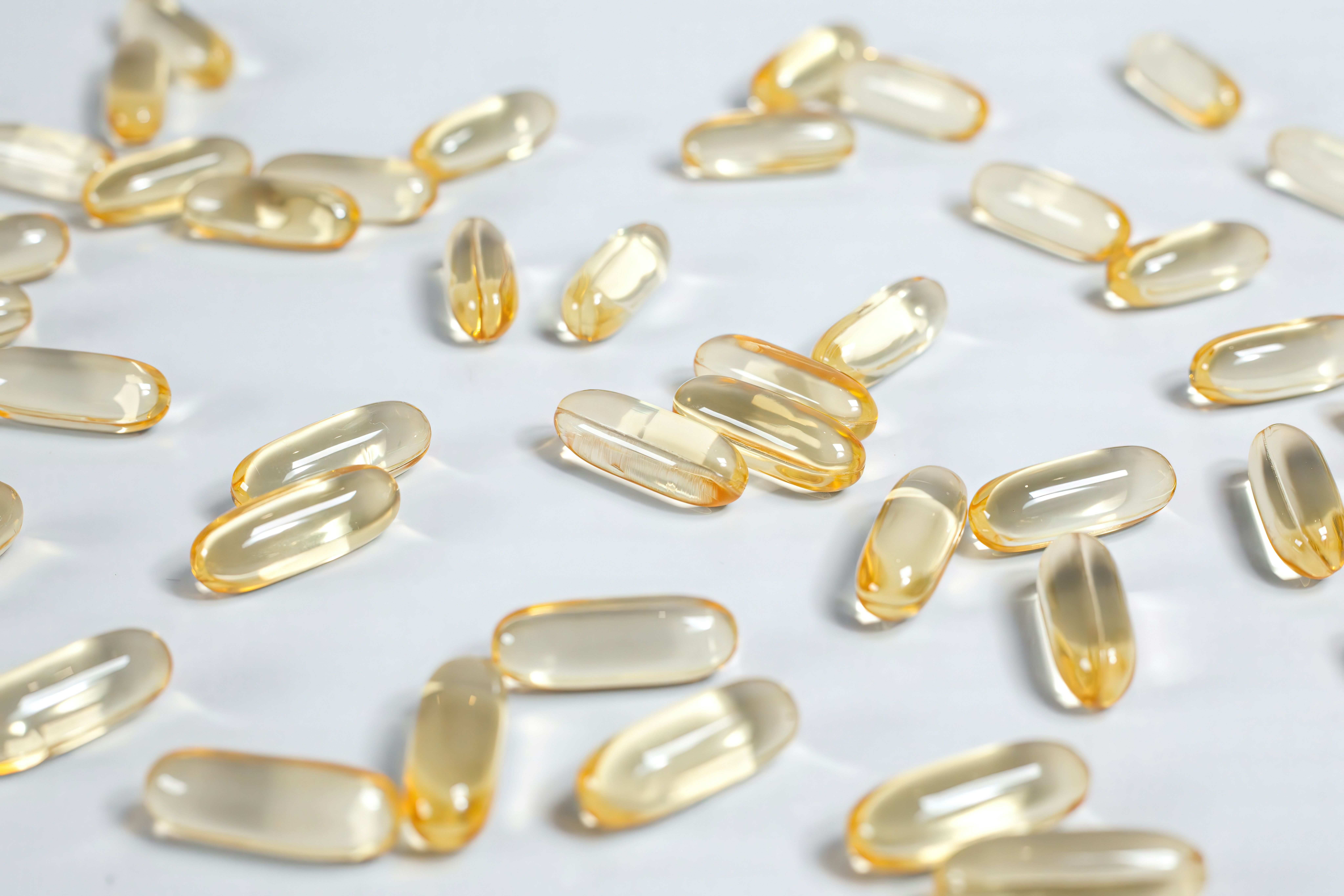Key Takeaways:
- Fish oil and krill oil are both rich in the omega-3 fatty acids eicosapentaenoic acid (EPA) and docosahexaenoic acid (DHA).
- Fish oil is derived from oily fish, whereas krill oil is derived from a small, shrimp-like shellfish called krill.
- Research shows that omega-3 fatty acids may benefit heart health, brain health, and sexual health.
Fish oil and krill oil are well-known for their health benefits, including improving heart health and brain health. Like fatty fish, both fish oil and krill oil contain the omega-3 fatty acids eicosapentaenoic acid (EPA) and docosahexaenoic acid (DHA).
Because of the high concentrations of EPA and DHA in both fish oil and krill oil, they are often sold as supplements.
But what are the real health benefits of fish oil and krill oil? What are the differences? And are there risks?
Here’s what you need to know about krill oil and fish oil, and how omega-3 fatty acids can impact your health.
What is the difference between krill oil and fish oil?
Krill oil and fish oil supplements can both boost levels of omega-3 fatty acids in the body.
While both fish oil and krill oil are rich in omega-3 fatty acids, the main differences between them is their sources, their relative compositions of EPA and DHA, and the ease in which they are absorbed into the body.
Studies comparing fish oil and krill oil are limited, making it difficult to draw conclusions over which is ultimately better for you.
Fish oil vs. krill oil sources
Fish oil is derived from the tissues of oily fish, such as salmon, sardines, and tuna. Fish oil supplements are sold in a few different forms: liquid, pills, or capsules.
Krill oil is derived from the tissues of krill — small, shrimp-like shellfish that eat algae, which is rich in omega-3 fatty acids. Krill oil supplements are typically sold as soft gel capsules.
Composition and absorption of fatty acids: Fish oil vs. krill oil
Research shows that in fish oil, EPA and DHA are mainly stored as triglycerides. Whereas in krill oil, between 30 and 65% of the fatty acids are stored in the form of phospholipids.
In that study, the researchers posit that fatty acids in the form of phospholipids may have better bioavailability in the body.
Phospholipids are a major component of cell membranes and may help facilitate the movement of fatty acids through the intestinal wall. This has been touted as one of the important benefits of krill oil over fish oil.
However, the participants in the study were taking 1.8 grams of fish oil and about 3 grams of krill oil respectively, possibly suggesting that people may need to take a higher dose of krill oil than fish oil to obtain the same blood concentration of the omega-3 fatty acids EPA and DHA.
Additionally, other researchers have said that there isn’t enough evidence to confidently state that krill oil is better absorbed in the body than fish oil.
At this time, more research is needed to better understand if the body has an easier time absorbing krill oil than fish oil.
Benefits of omega-3 fatty acids
Omega-3 fatty acids are polyunsaturated fats (these are healthy fats) that have many different health benefits, such as improving heart health and brain health.
They’re considered “essential nutrients” — your body can’t make enough omega-3s on its own, so you need to get them from food.
Fatty fish like mackerel, anchovies, salmon, and herring are some of the best food sources of omega-3s. There are also plant-based sources, including walnuts, chia seeds, and edamame.
Beyond food sources, krill oil and fish oil supplements are both good sources of omega-3 fatty acids.
Research is mixed on whether they have the same heart-protecting benefits as fatty fish, but this could depend on factors like variation between different supplements and the way each study is designed.
The National Institutes of Health mentions that while omega-3 supplements do not lower someone’s risk of heart disease, they offer other health benefits, including lowering triglyceride levels (which have been associated with an increased risk for heart disease) and possibly relieving the symptoms of rheumatoid arthritis.
Omega-3 Benefits
Heart health
Studies assessing the impact of omega-3 fatty acids on cardiovascular well-being are ongoing.
Research published in the journal Advances in Nutrition mentions that both EPA and DHA have been associated with a decreased risk of sudden cardiac death from a heart attack and a reduction in heart failure events.
Further studies are needed to clarify the relationship between omega-3 fatty acids and their impact on overall cardiovascular well-being, although preliminary studies show promise.
Brain health
Some studies indicate that a diet consisting of foods high in omega-3 fatty acids is associated with a lower risk of Alzheimer’s disease and cognitive decline.
Research also shows that DHA may play a protective role in neuron development and communication, and plays an important role in both brain functioning and development.
Sexual health
Emerging research shows that the omega-3 fatty acids EPA and DHA may benefit sexual health, though this research is still in the early stages.
A cross-sectional study of nearly 2,000 young Danish men found that taking fish oil supplements was associated with improvements in testicular functioning across a variety of parameters — an increase in testicular size, sperm volume, total sperm count, as well as a higher concentrations of free testosterone relative to luteinizing hormone (LH).
Additionally, research suggests that omega-3 fatty acids may improve semen quality in terms of sperm concentration, total sperm count, and sperm motility.
What are the risks of fish oil and krill oil?
Before taking krill oil, fish oil, or any other supplement, it’s important to check in with your doctor.
You should only take these supplements under the care of a doctor, who can help determine the correct dosage and explain any benefits or side effects you might experience.
Generally, the side effects associated with taking omega-3s tend to be mild (things like loose stools and heartburn), according to the National Institutes of Health.
Interested in exploring omega-3 supplements? Learn more about Maximus’ new LysovetaTM LPC Brain Health supplement, which contains DHA, EPA, and Astaxanthin.
Disclaimer: The contents of this article, including, but not limited to, text, graphics, images, and other information, is for information purposes only and does not constitute medical advice. The information contained herein is not a substitute for and should never be relied upon for professional medical advice. The content is not meant to be complete or exhaustive or to be applicable to any specific individual's medical condition. You should consult a licensed healthcare professional before starting any health protocol and seek the advice of your physician or other medical professional if you have questions or concerns about a medical condition. Always talk to your doctor about the risks and benefits of any treatment. Never disregard or delay seeking professional medical advice or treatment because of something you have read on this site. Maximus does not recommend, endorse, or make any representation about the efficacy, appropriateness, or suitability of any specific test, products, procedures, treatments, services, opinions, healthcare providers or other information contained herein. Maximus is not responsible for, nor will they bear any liability for, the content provided herein or any actions or outcomes resulting from or related to its use.





